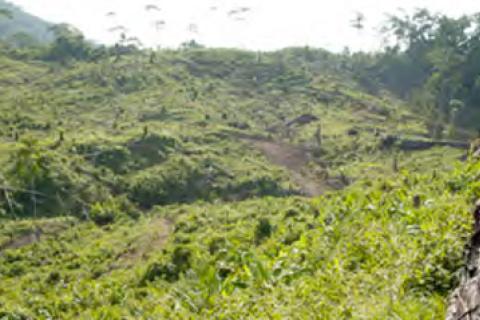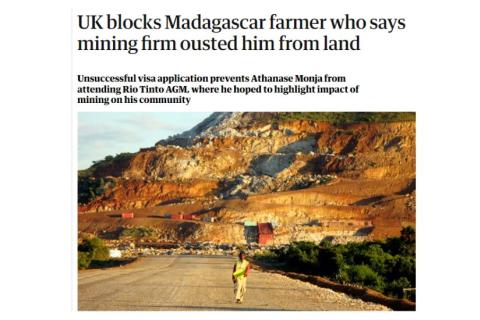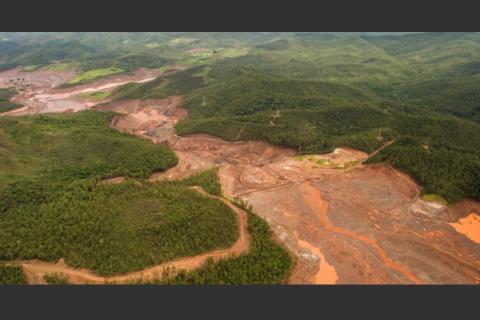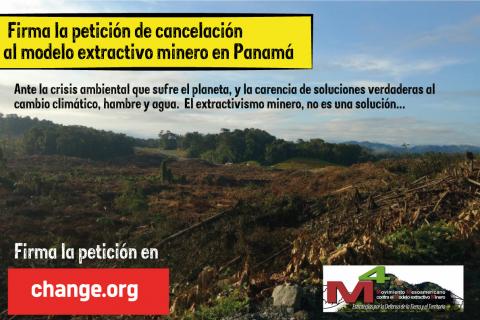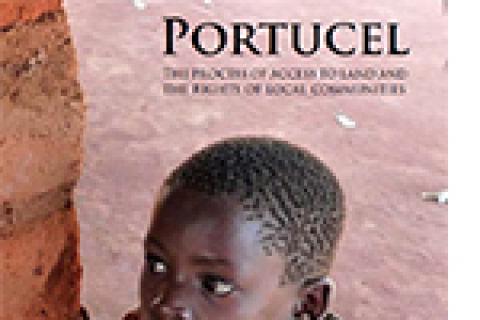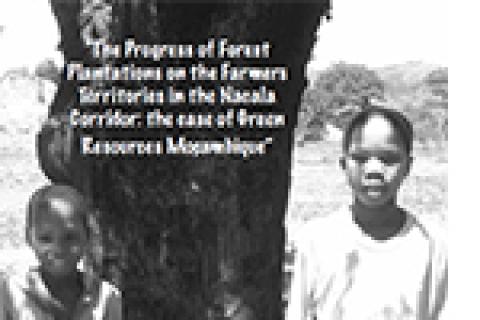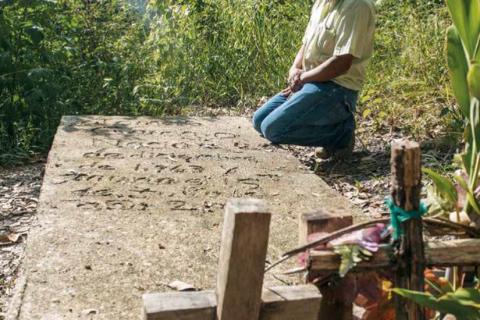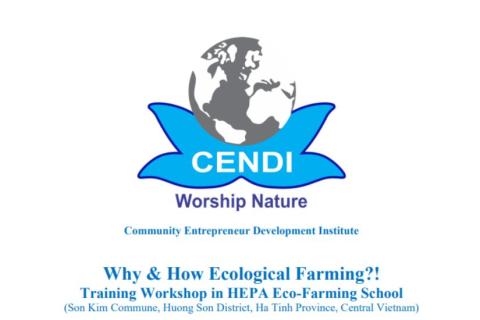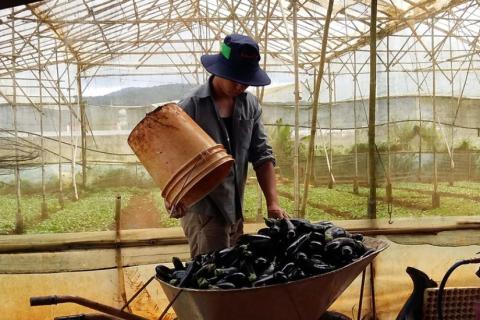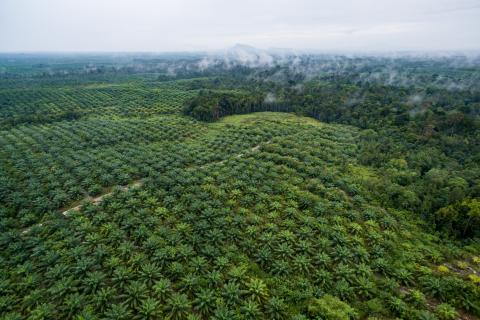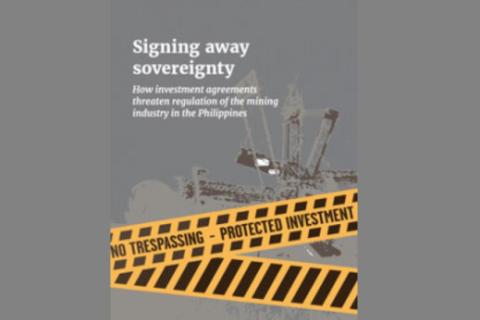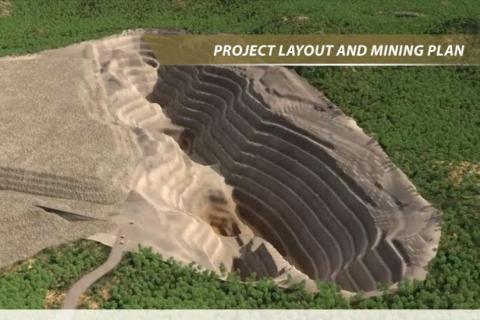The powerful evidence of massive injury to communities and water supplies in the Philippines, and findings of rampant violations of environmental law, have led the country's government to ban new open-pit gold, copper, nickel and silver mines. The current Secretary of Environment and Natural Resources cancelled or suspended 26 mining licences and cancelled 75 agreements between the government and mining companies that were proposed to be built on watersheds. While announcing the ban, she said “Water is life”.
Other information
QMM, the Malagasy branch of Rio Tinto, a British-Australian mining company, is extracting ilmenite in Fort Dauphin, Madagascar, to export it to Canada. To compensate for the destruction caused by this mining activity, QMM set up a biodiversity offsetting project in another forest, 50 km to the north of the mining site. The forest use restrictions imposed on local communities at the biodiversity offsetting site are raising serious human rights, health and food insecurity issues. See the video “Your Mine” produced by the NGO Re:Common at
The Norwegian Solidarity Committee for Latin America raises debates about the ethical principles behind Norwegian investments. They invited, together with a network of Norwegian organizations, people from Guatemala, Honduras, Brazil and Swedish Sami to present their stories, research and reflections to a popular court in March 2017. One of the cases discussed was the situation in the extreme south of Bahia, Brazil, where three of the world’s biggest pulp and paper-producing companies operate (Suzano, Veracel and Fibria).
The report “Portucel – the Process of acquiring access to land and the rights of local communities” was published by Justiça Ambiental/Friends of the Earth Mozambique in 2016, in partnership with the World Rainforest Movement (WRM). Portucel Mozambique is a Portuguese company with the biggest land concession among the plantation companies – 356,000 ha – .
The report “The advance of Forest Plantations on the Farmers Territories in the Nacala corridor: the case of Green Resources Mozambique” was launched in 2016 by the Mozambican organisations Livaningo, UNAC (National Peasants Union) and Justiça Ambiental/Friends of the Earth Mozambique, and written by Lexterra.
More than 120 people have been killed in Honduras since 2009 for standing up to companies that grab land and destroy forests, a January 2017 report published by Global Witness shows. The report pays tribute to human rights defender Berta Cáceres who was murdered on 2 March 2016 when armed men broke into her home in the middle of the night and killed her.
The report describes how farming systems rooted in the cultures, customary laws and place-bound experience of peasant farming gathered over many generations differ from the agro-industrial farming exposed in several of the articles of this bulletin as land grabbing and a threat to forests and forest peoples in the Mekong region (and beyond).
The world's largest agribusiness corporations are rolling out a public-private partnership programme to take control of food and farming in the Global South. The programme is called Grow, and it is part of the "New Vision for Agriculture", an initiative of the World Economic Forum (WEF) that was launched in 2009 and is led by 31 of the WEF's "partner" companies involved in the food business.
SwissInfo in conversation with Kartini Samon from GRAIN on the impacts of industrial oil palm production on communities and on the role of Swiss banks in financing land grabbing by funding expansion of oil palm plantations in Indonesia.
In the last decade, the Philippines has bet heavily on the mining industry, with 47 large-scale mines in operation and growing evidence of their social and environmental costs. The briefing argues that the country’s ability to properly regulate or close polluting mines will be severely constrained by a network of investment treaties the Philippines has signed, which provide excessive protection for foreign investors.
If the project goes ahead, the Montagne d'Or project, scheduled to start mining in 2018, would become the largest gold mine on French soil. Not only will it have serious human and environmental impacts, it will also open the floodgates for other mining multinationals in French Guyana, and expand mining exclusively for the luxury jewellery market. Industrial demand for gold accounts for only 8 percent of gold currently mined. The recycling sector supplied three times that amount in 2015.
